Folk and Fairy tales to celebrate Europe Day
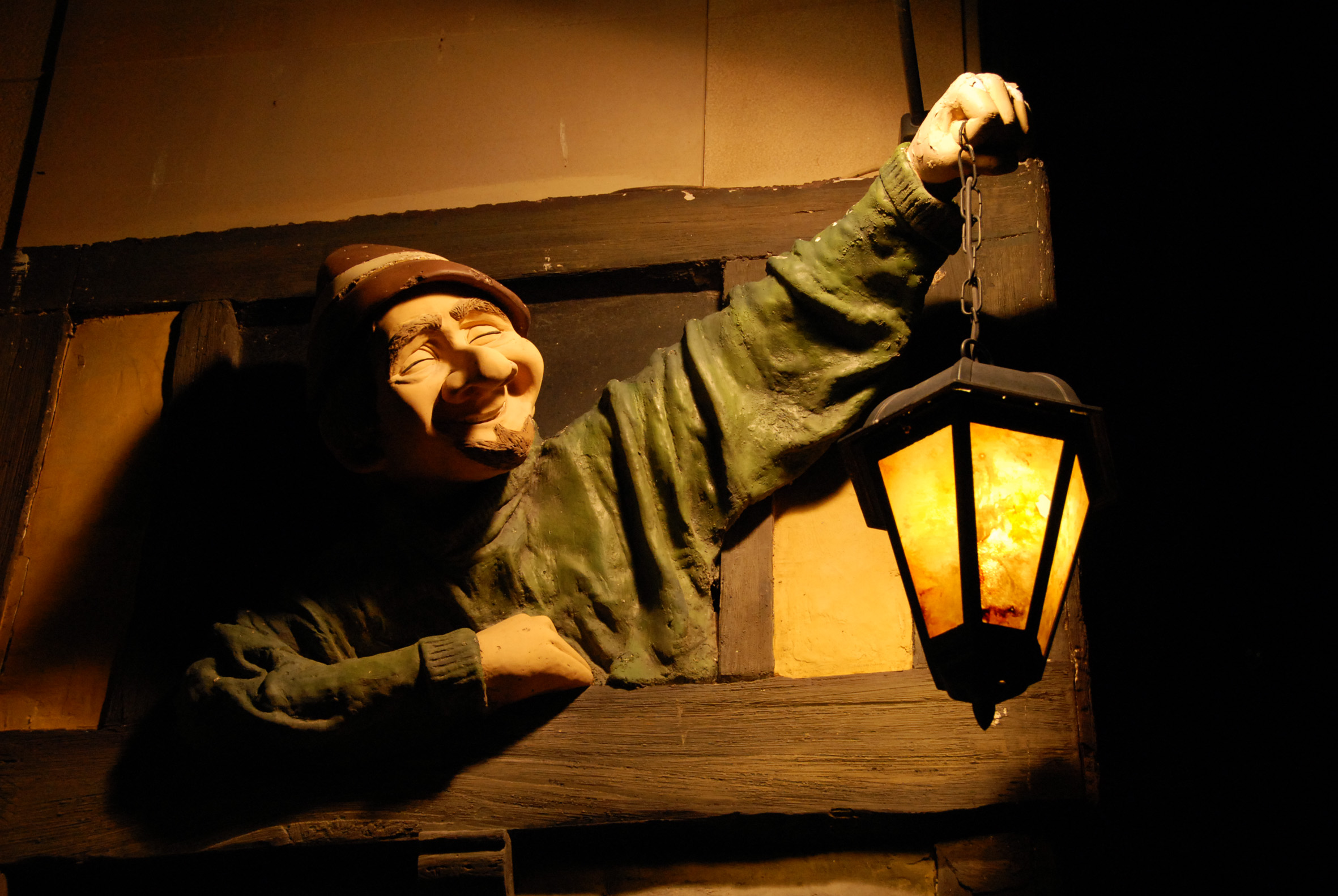
Europe Day is celebrated on 5 May by the Council of Europe and on 9 May by the European Union.
Therefore fairytalenight.com presents a folk or fairy tale from each member country of the European Union. I tried to give example that are reflective of the spirit and culture of the country or one that is especially well known.
In fact it was quite difficult to find stories for some of the smaller countries and difficult to pinpoint the origin in today’s terms. Sometimes it’s difficult to tell if a story emerged first in Denmark or Sweden, was it first told in Autria or Germany, is it more representative of Lithuania or Latvia, etc.? Therefore, on the one hand, I am looking forward to your feedback in case I missed something important or made a mistake. On the other hand, isn’t it the European idea to look beyond the national borders?
Without further ado, have fun reading:
Austria
Due to common languange and culture it is difficult to seperate Austrian and German folk and fairy tales. The mountainous Austria is not only much more defined by it’s Imperial History, but also by it’s Alpine landscape, therefore a fitting story seems to be: The Alpine Horse-Phantom. This variant of the folk tale was collected in the Tyrolean Alpine region, but is told in various forms all around the country.
Belgium
Finding a story representative for all of Belgium proofed difficult, because of the Belgium cultural diversity, or the Flemish-Walloon divide. I hope noone takes offence if I am going with a Flemish legend: The Brotherhood of the Cheerful Countenance
Bulgaria
The Bulgarian tales themselves are curious, and some of them very beautiful, as are also the songs. One of these beautiful tales is: The Lord God as an old man
Croatia
While I am very doubtful tha the story does justice to Croatian women, it is very interesting and relevant today, since protagonist of this story even made it into modern pop culture: The She-Wolf.
Cyprus
Pygmalion, a young sculptor, lives on Cypres, the island dear at the heart of the goddess of love: Venus. Similar to a visitor he can fall in love with the beauty of the island, Pygmalion falls in love with his sculptur, Galatea. And therefore the tale for Cyprus is called: Pygmalion and Galatea.
Czechia
This story appears to me to be the perfection of ‘Natural Science in Allegory.’ It is not a mere ‘Natur-myth,’ exhibiting the contests, victories, and defeats of the forces of Nature. Enjoy Long, Broad and Sharpsight!
Denmark
We arrive in Denmark, the birthplace of Hans Christian Andersen. Let’s brace ourselfs for some frost on our faces and tears in our eyes: The Little Match Girl.
Estonia
We stay in a cold night between Christmas and New Year, however, this time we might get more lucky, just like our resourceful Hans in The Underground Workers.
Finland
Talking about luck, in our fairy tale tour through Europe we should pass by Finland and see if we get lucky and can find The True Bride by following the story of Ilona and the king’s son.
France
When we talk about France we often focus on the rich history of kings and revolutions, national heroes and generals. Let me introduce you to one such hero, Blondine in Blondine’s Awakening.
Germany
You must have guessed it, because they are too famous to skip, Germany is represented by the world renowned Brothers Grimm. It’s a tough choice to pick only one out of so many iconic stories, but let’s go with Rumpelstiltskin.
Greece
Almost had I wanted to go with one of Aesop’s famous fables, but I think more reflective of the resiliance of the Greek people and their thousands of years old culture is Theseus goes to slay the Minotaur.
Hungary
From a linguistic perspective, Hungary is an interessting outlier in Europe. The Hungarian language is oddly different than the German language to their west or the Slavic languages of their other neighbours. As their language and culture has carried on, so has The Prince who would seek immortality.
Ireland
Beer, Beer, Beer, jolly fellas, drink with me! And have a Little Brawl at the Allen.
Italy
While the tales are old as such and have been told for a much longer, the widespread collection has only started more “recently” (recently being a somewhat relative term). So let’s take quite a few steps back in the history of folk and fairy tales and look at one of the oldest recordings on this website comes from Fance: The Myrtle (collected in 1637).
Latvia
Most societies seem to have epic heroes and events that define them as they like to see themselves. […] Lacplesis (Bearslayer) is such a work. Bearslayer is patriotic, brave, strong, tough, loyal, wise, fair, and virtuous, and he loves nature. He embodies the strengths and virtues of the Latvian folk in a legendary age of greatness, before they were subjugated and corrupted by “Strangers”.
The introduction was so glorious, I didn’t know how I could say anything better.
Lithuania
Once on a time there were three princes …
Even the beginning of the tale is a wonderful example of how European tales begin and how the number three plays a significant role in many of them. The country of Lithuania may be small, but the story of The three princes and their beasts shows us how even a small country can play a significant role on fairytalenight.com
Luxembourg
Luxembourg is a small country tucked into the border-triangle of Germany, France and Belgium. Even though articles and reviews on the internet call Luxembourg a fairy-tale country, especially because of it’s marvellous medieval castles, I am having a hard time finding a folk or fairy tale that is undoubtedly from Luxembourg.
If any read from this country could share their knowledge with me, I’d be very happy.
Malta
The little island of Malta has a long history, which I encourage everyone to read about, being governed by outside powers before establishing their independence in 1964. Especially the period of the rule of the Knights Hospitaller or The Order of St. John is an interessting read. Many architectoral and cultural sights from that period have also prevailled on the island.
Unfortunately, as with Luxembourg, it is difficult to find a folk tale that truely originated from the island. Therefore the next best thing I have to offer is the story of The Maltese Cat by the British author Rudyard Kipling.
Netherlands
As a country that lies mostly below the sea level (not like Atlantis, but with constructed dikes, dams, and floodgates), the Dutch have always been in touch with the ocean. And we all know that seafarers tell their own tales of monsters and mermaids. Sometimes you might also come across The Entangled Mermaid
Poland
There are so many remarkable things about Poland, that it is not easy to chose the right introduction line. Is it best to talk about the unique winged Hussars or rather to mention the beauty of the Masurian Lakes, rather to look at the strongly catholic heritage or at how Poland is moving forward into a modern future after shedding communism? Or should we talk about the famed beauty of Polish women? With the later, you might want to be careful, since your love might turn out to be The Frog Princess.
Portugal
Portugal, a country on the western edge of Europe has a long tradition of explorers and seafarers. The Age of Discovery triggered the longing for adventure and the hope of fame and riches in many Portugese. It made Portuguese capatains and sailors national heros and merchants incredibly rich. Maybe one of them was The prince who wanted to see the world
Sidenote: I have recently read Stefan Zweigs’s “Magellan”, a biographie or homage to the first captain to sail around the tip of South America in search of a way to India from the west. We take the knowing the geography of Earth for granted, but it was stunning to read about the hardships and setbacks he and his crew had to endure.
Romania
There is only one story that is usually attributed to Romania that is famous in the whole world and that’s not a fairy tale, but a horror story. Of course, I am talking about Dracula. It is usually traced back to Vlad the Impaler, arguably the most important ruler in Wallachian history.
But let’s not stick to clichees (even though the same post already did a lot of that), let’s get to know cunning and fearless Stan Bolovan
Slovakia
The partition between what is today called the Czech Republic and Slovakia is rather recent after what was probably the unbloodiest split of a country (Czeckoslovakia) in history. Due to their common languange, culture and history also their fairy tales are basically indistingushably (at least for me).
Even though it looks like I found them in different books, the true source seems to be the same collection as the Czech fairy tale above. Let’s see what the Three Golden Hair have to do with the Charcoal burner’s son’s lovelife.
Slovenia
The small country of Slovenia features a big geographical diversity and is asonishingly beautiful. Apline mountains, rivers, valleys to plant delicious grapes and adriatic beaches, everything can be found in Slovenia. The only thing that is hard to come by is a folk or fairy tale with clarity on copyright. Therefore I’ll better send you to a Slovenian forrest where fairy tales come to life.
Spain
Long time ago Spanish adventurers and conquistadores were exploring the New World in strife for gold and other riches. Inspired by tales of a City of Gold a great many people had to suffer and lose more than their lives. Maybe some should have read the tale of The City of Foturne before venturing out.
Sweden
No, it is not a new IKEA product with a funny name, it is KNÖS!

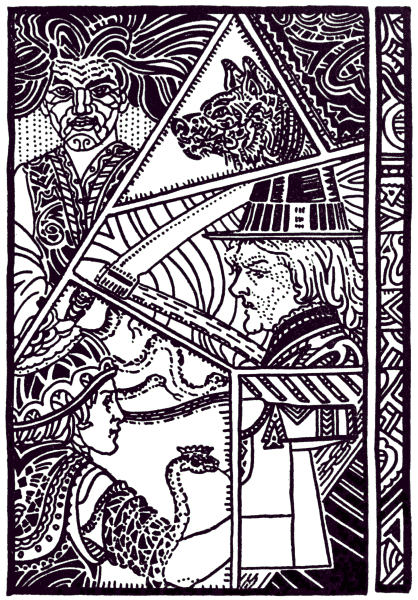
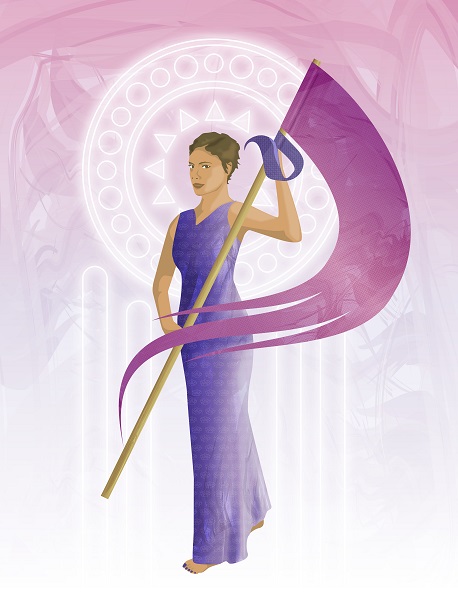
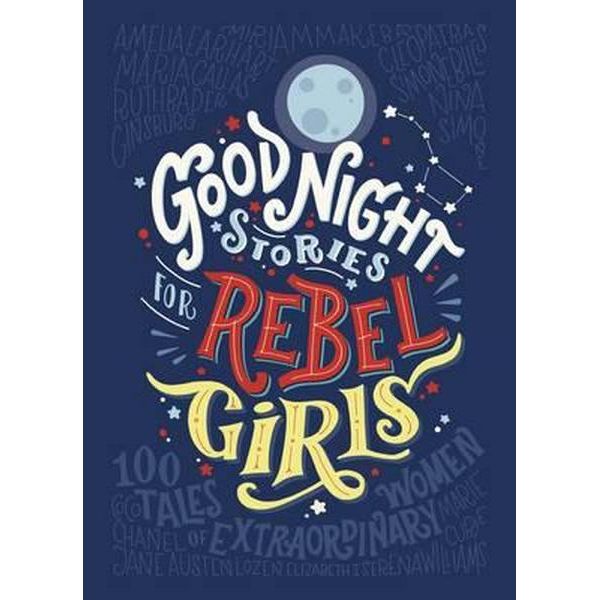
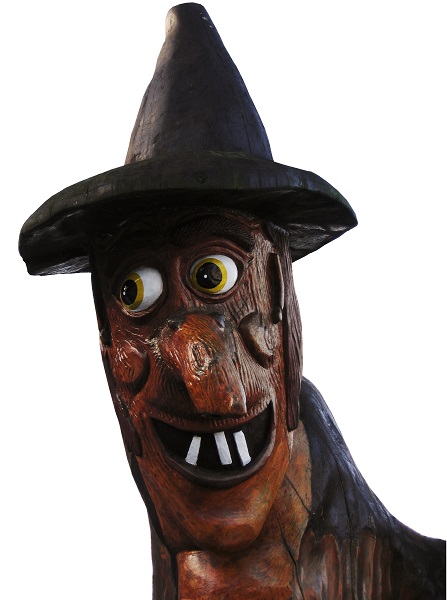
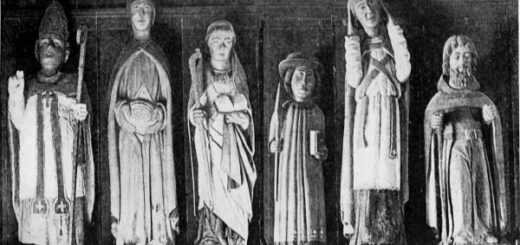

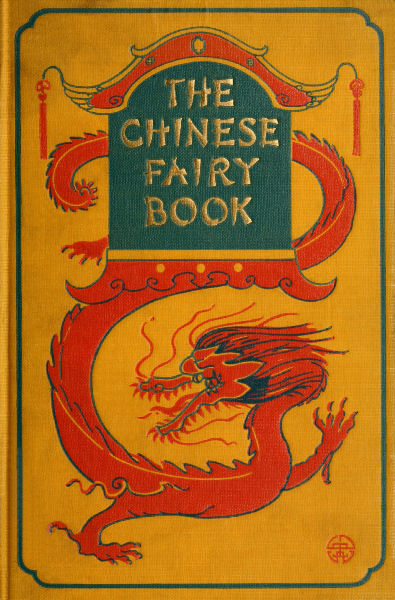
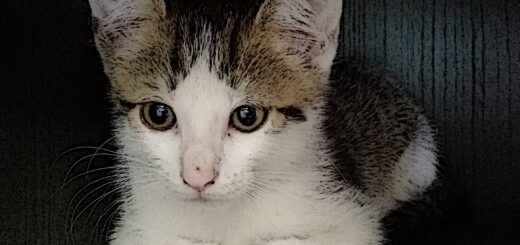

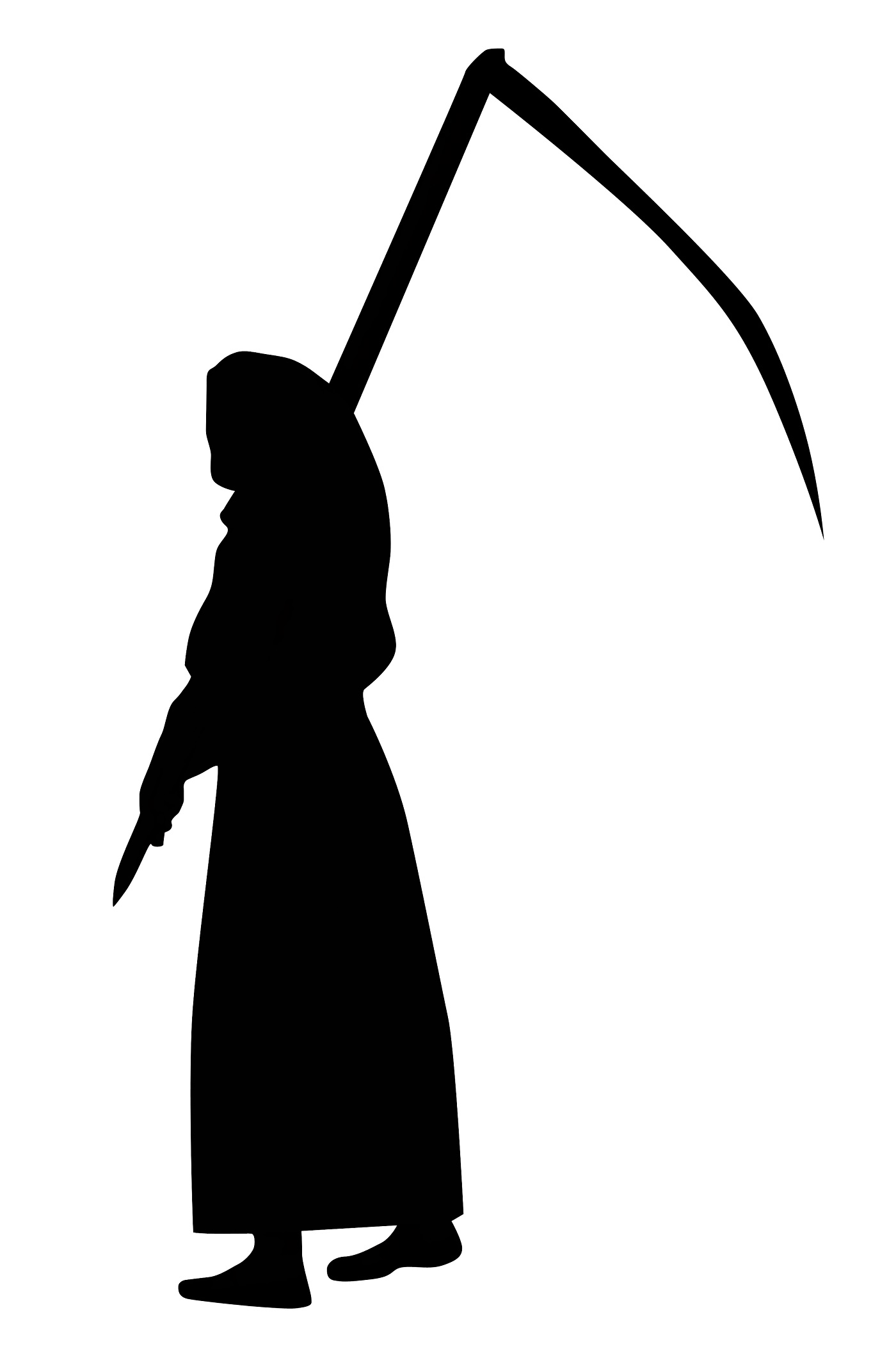
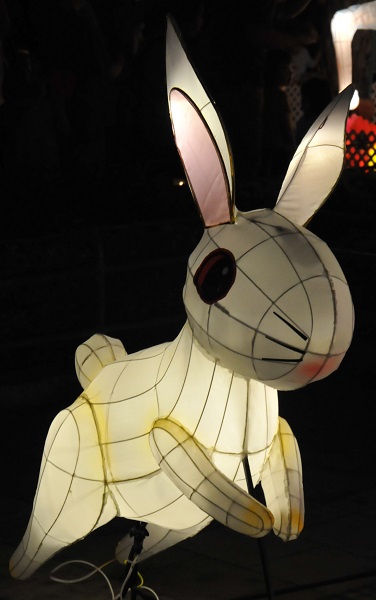


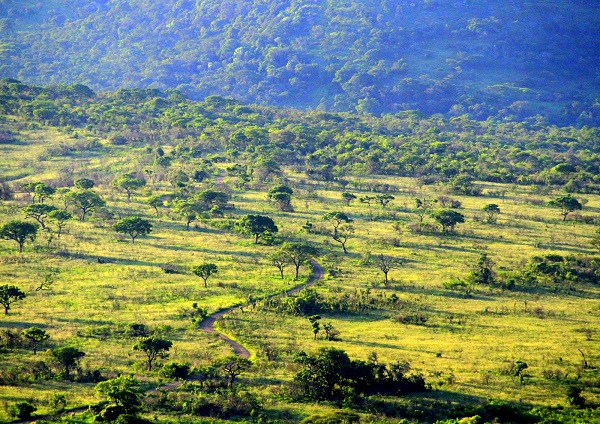

1 Response
[…] (May 2020): When researching for the my post on Fairy Tales to celebrate Europe Day I came across the Romanian story of Stan Bolovan and had to add it in the memorable mentions […]